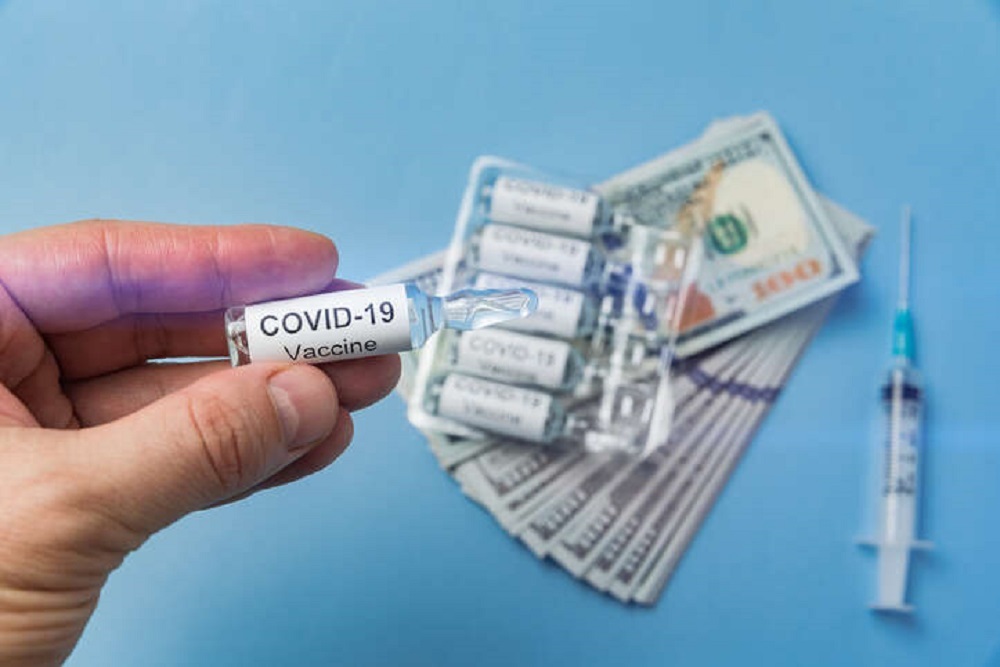Source: Greater Iowa Better Business Bureau
Source: Greater Iowa Better Business Bureau
Greater Iowa Better Business Bureau issued the following announcement on Dec. 4.
With United States and Canada close to approving a COVID-19 vaccine, government officials expect scams to emerge as distribution begins. Watch out for everything from phony treatments to phishing messages.
What to Expect from Scammers:
Government officials have already been cracking down on phony COVID testing kits and treatments. Now, they are ramping up efforts to prevent the sale of fake vaccines.
U.S. Immigration and Customs Enforcement (ICE) is working with the drug companies developing the vaccines to stop the sale and distribution of phony versions. Also, the Federal Trade Commission issued warning letters to several companies claiming they had a product to cure or prevent the virus.
Selling fake vaccines and other treatments is likely only one of many ways scammers will try to cash in on the vaccine release. Watch out for phishing messages attempting to trick you into sharing your passwords and personal information. Con artists have already impersonated the Centers for Disease Control and Prevention (CDC) and the World Health Organization (WHO) in phishing emails that claim to have news about the disease. BBB has also seen an increase in scams using robocalls to impersonate government officials.
How to Spot a Coronavirus Vaccine Con:
- Research carefully: Scammers are very creative, so be skeptical of anything that seems too good – or crazy – to be true. Double check any information about the vaccine with official news sources. And be aware that none of the vaccines can be currently purchased online or in stores.
- Check with your doctor: If you want a vaccine early, reach out to your healthcare provider about your options. If you don't have a primary care physician, check out the official website of your local health department for more information
- Ignore calls for immediate action. While you may want to be first in line for the vaccine, don’t let that sense of urgency cloud your judgment. Scammers try to get you to act before you think. Don't fall for it.
- Think the link may be real? Double check the URL.Scammers often buy official-looking URLs to use in their cons. Be careful that the link is really what it pretends to be. If the message alleges to come from the local government, make sure the URL ends in .gov (for the United States) or .ca (for Canada). When in doubt, perform a separate internet search for the website.
Original source: https://www.bbb.org/article/scams/23475-bbb-scam-alert-a-covid-vaccine-is-on-the-way-so-are-the-scams






 Alerts Sign-up
Alerts Sign-up